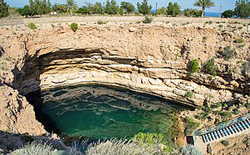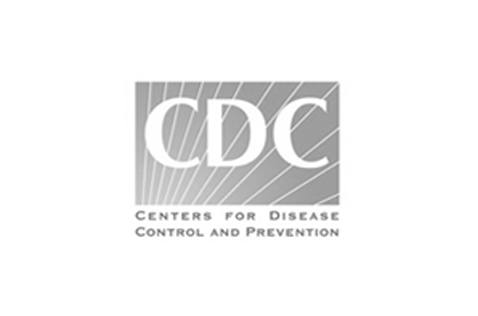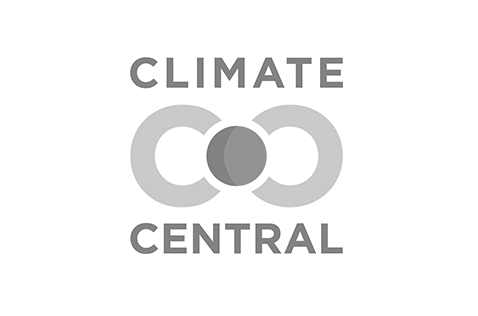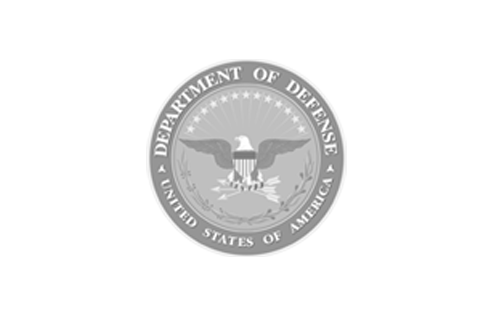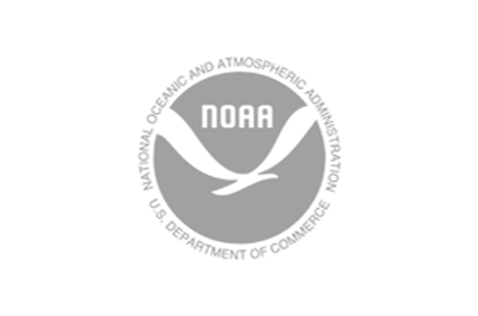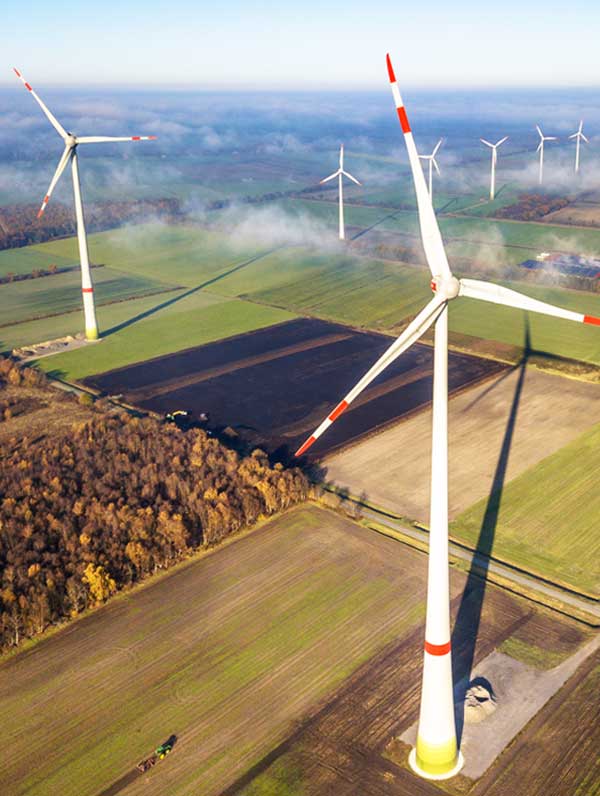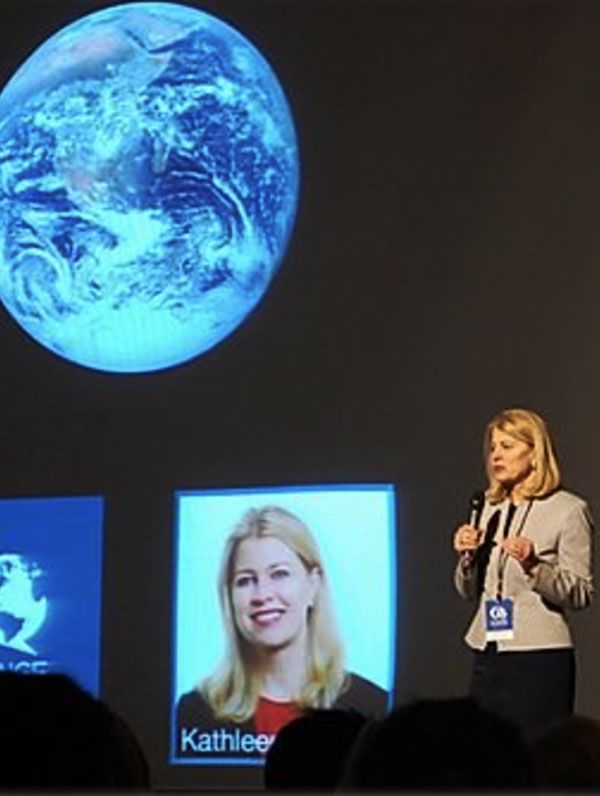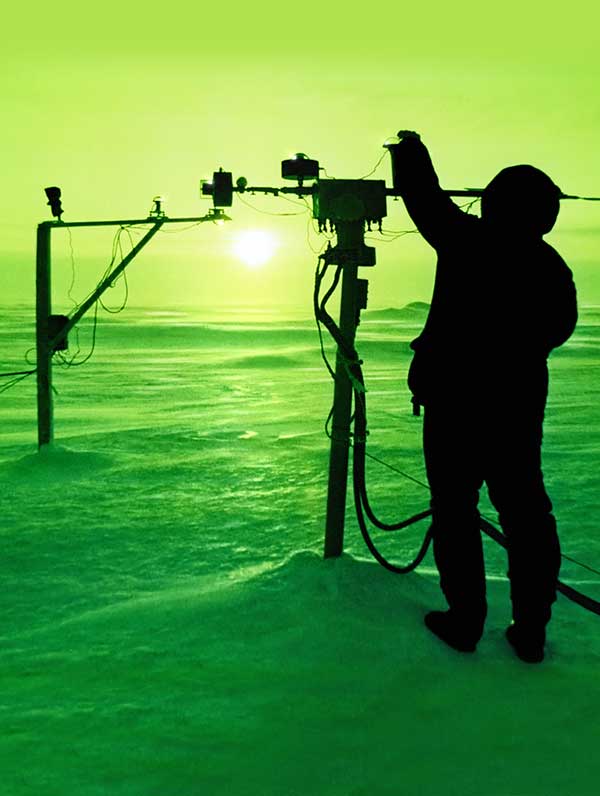
A snapshot of our science
While the majority of Americans across party lines recognize climate change is happening, many do not understand how it will impact them directly and why there is urgency to address it. To help all of us understand why this is such an important issue, our non-partisan program provides scientifically grounded answers to the five questions many of us have about climate change. Here’s a preview of the science section of our Climate Primer and those questions!
How do we know climate change is real?
Indicators: Glaciers Melting and Retreating
Unlocking the Past
How do we know climate change is caused by humans?
Scientists have a discipline called atmospheric chemistry, which allows them to analyze the different carbon dioxide molecules to see which ones were put into the atmosphere by man’s activities and which ones were put there through natural occurrences. Molecules produced by burning fossil fuels have a different ratio of carbon isotopes, a different atomic fingerprint, that can be measured.
What is the Scientific Consensus?
“The scientific understanding of climate change is now sufficiently clear to justify nations taking prompt action.”
Joint statement from the national academies in France, Italy, Canada, UK, Germany, Japan, USA, China, India, Brazil and Russia in 2005
Trusted experts
What are the dangers?
The 3 things Americans say are most important when they vote are: jobs and the economy, health and personal security, and geopolitical stability as experienced by refugee crisis, civil chaos, and terrorism. See the effect Climate Change could cause.


-NASA

-NASA

-NASA

-EPA
Is there hope?
Yes! Here are a few reasons why:
The economic equation has changed. The difficulty and cost of transitioning to cleaner technologies have come down from what they were ten years ago, so we can look at the economic equation very differently. Studies show the U.S. could reach net-zero by 2050 with no significant increase in costs.
Financial institutions and businesses are demanding and driving climate action. The Federal Reserve called climate change a threat to the stability of our financial system. Leading investor Larry Fink said, “climate risk is investment risk” and is pressuring companies to take climate action.
There is great power in nature to regenerate. Large-scale protection, restoration, and better land management practices can help stabilize climate change, pulling almost a third of excess carbon dioxide out of the atmosphere.
Other countries are leading. It’s not just the U.S. by itself. Today more than 110 countries plus many states and cities have all pledged to be carbon neutral by mid-century. Together, they represent more than 70% of global GDP.
New technology is on the horizon. New technologies that reduce, capture, or repurpose greenhouse gas emissions or replace fossil fuel energy will cause a greater tech revolution than telecom in the 90s.
The U.S. is less divided on this issue than we think. Americans as a whole are no longer divided on this issue, with policymakers from both sides of the aisle finding the political will to find common ground.
Stay Connected
Get the latest news on climate change and what inspires us delivered to your inbox.

